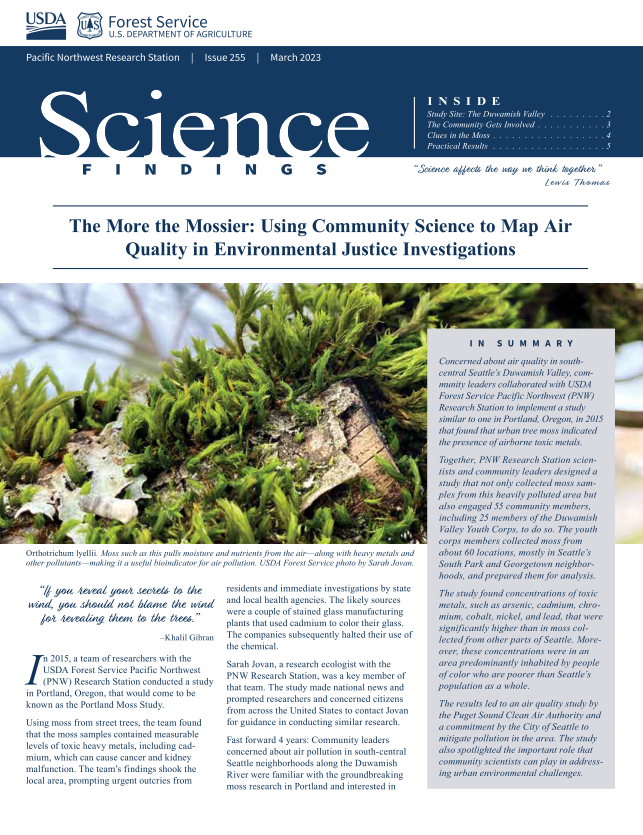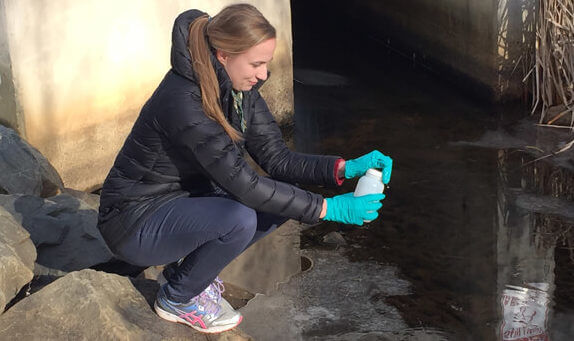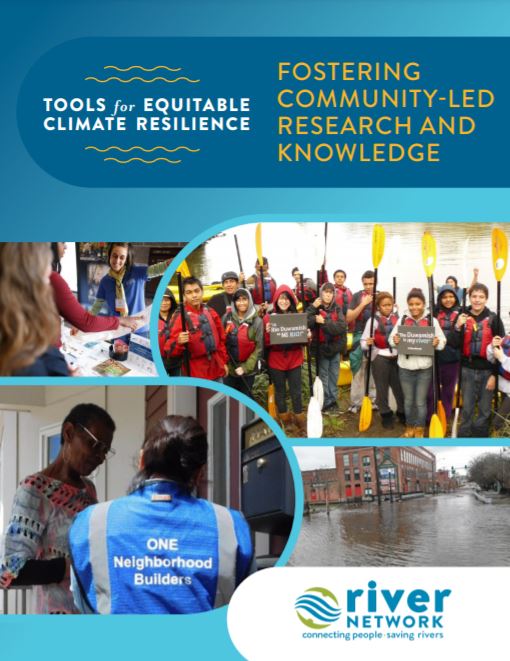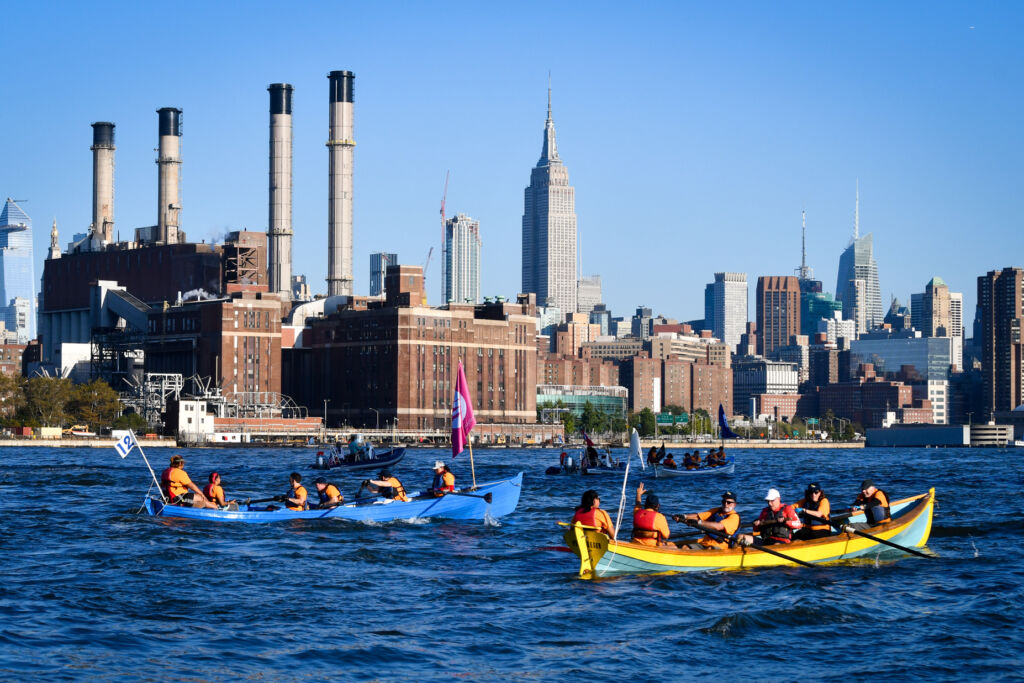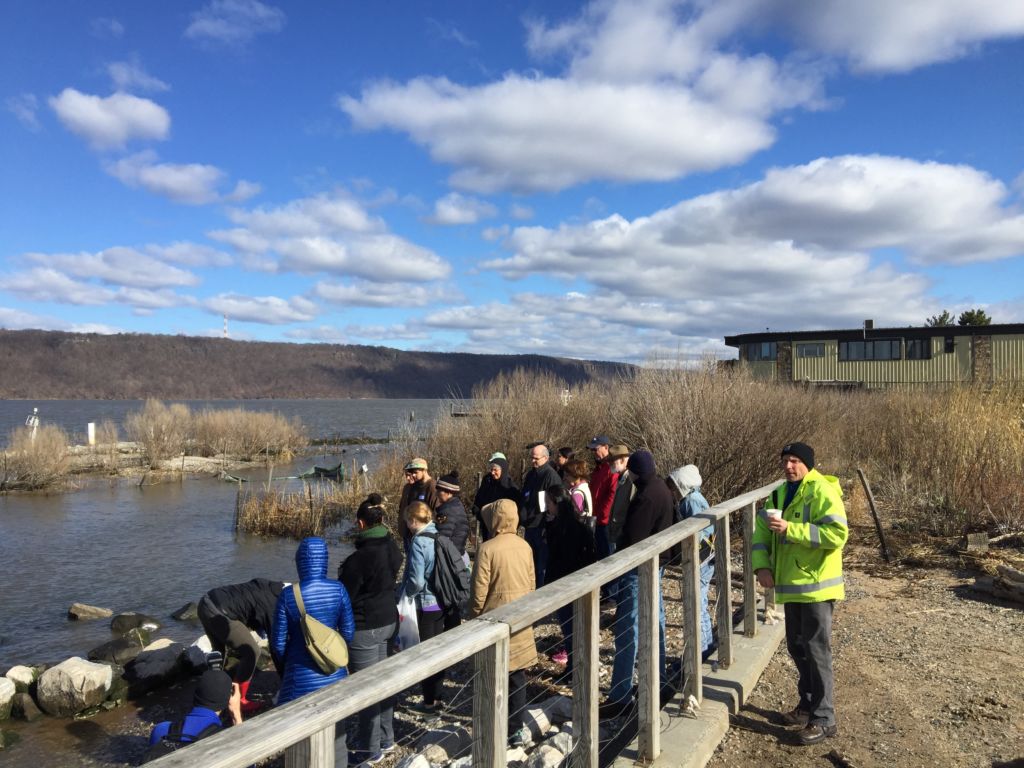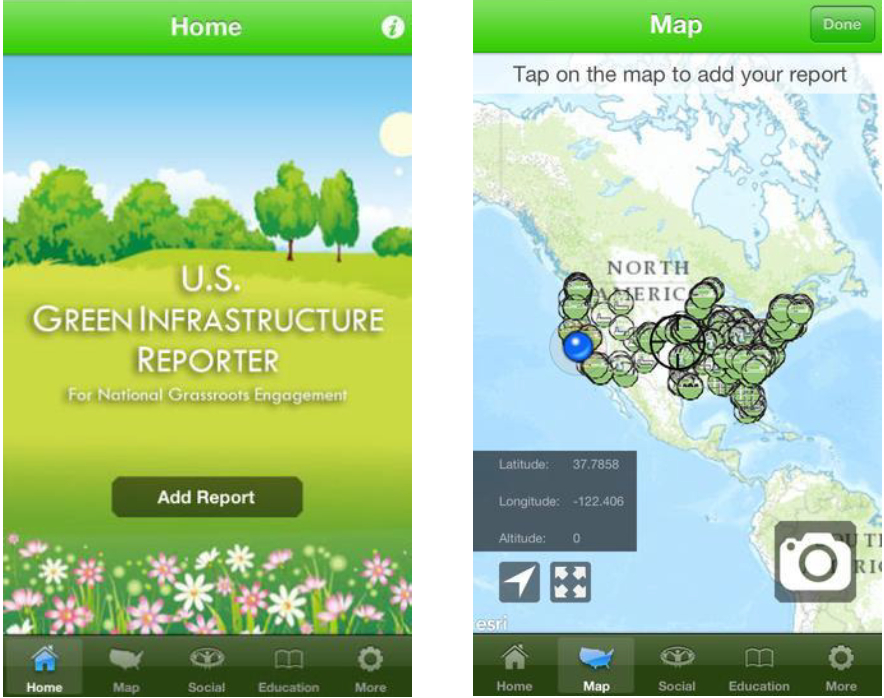community science
March 29, 2023
Concerned about air quality in south-central Seattle’s Duwamish Valley, community leaders collaborated with USDA Forest Service Pacific Northwest (PNW) Research Station to implement a study similar to one in Portland, Oregon, in 2015 that found that urban tree moss indicated the presence of airborne toxic metals. Together, PNW Research Station scientists and community leaders designed a study that not only collected moss samples from this heavily polluted area but also engaged 55 community members, including 25 members of the Duwamish Valley Youth Corps, to do so.
November 29, 2021
Three watershed associations in the Boston area—the Mystic River, Charles River, and Neponset River Watershed Associations—are collaborating with community volunteers and the U.S. Environmental Protection Agency (EPA) to monitor water […]
February 19, 2021
River Network has developed new Tools for Equitable Climate Resilience with two methods for addressing climate risks: (1) Leadership Development, and (2) Community Based Participatory Research. In this toolkit – […]
April 13, 2020
Raising awareness in three Urban Waters Learning Network locations The story map from the Urban Waters Learning Network highlights three unique water quality projects by Groundwork Denver, Heal the Bay, […]
March 9, 2020
With a strong background in youth engagement, Rocking the Boat is a nonprofit organization in the South Bronx that supports kids’ growth through hands-on discovery. What started as a boatbuilding after-school program has grown into a multi-pronged approach for youth empowerment in an environmental justice community.
June 18, 2019
The Bronx River Alliance, founded in 2001, is a non-profit organization that works with public and private partners to protect, improve, and restore the Bronx River. Providing a model for […]
July 26, 2018
Many organizations in urban waters settings are working on similar initiatives to restore and protect water resources. An abundance of water quality data is collected and reported on independent websites, […]
May 24, 2018
To further understand the severity and sources of bacterial pollution in the four urban subwatersheds in the Hudson River Estuary, Sarah Lawrence Center for the Urban River at Beczak (CURB), supported by an EPA Urban Waters Small Grant, created the Lower Hudson Urban Waters Collaborative. Partnering with Riverkeeper, the Hudson River Watershed Alliance, and the Bronx River Alliance, the Urban Waters Collaborative created a strong partnership in the Lower Hudson Valley in which the organizations share experiences and combine data resources with the goal of strengthening stewardship and community science capacity.
October 9, 2017
Monitoring of our waterways is critical to identify issues of concern, to evaluate restoration projects’ success, and to gauge changes over time. New technologies are continually shaping the way we […]
September 11, 2017
In urban settings, stormwater runoff is one of the leading water quality concerns due to limited surface area where water can infiltrate into the soil. Impervious surfaces result in water flowing quickly across pavement and down gutters and sewers rather than dispersing out evenly over the landscape. The farther and faster the water travels, the more contaminants and sediment it picks up along the way.

